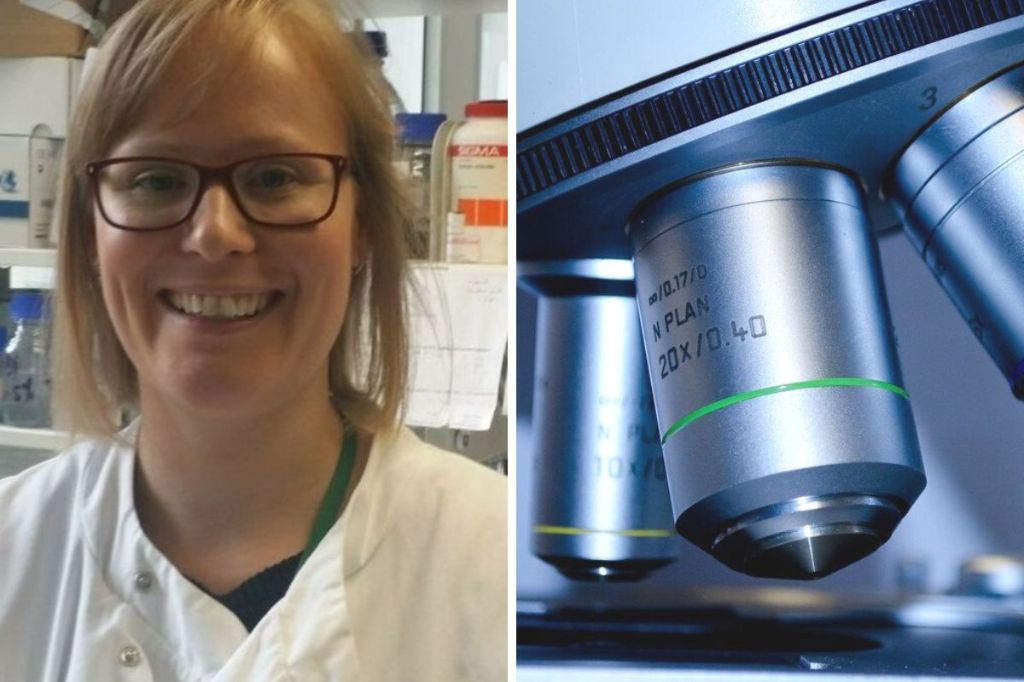Professor revisits research to develop a treatment for a rare type of ataxia
Date 23.09.2022

A University of Northampton (UON) academic is ‘going back to her scientific roots’ to find treatments for a rare and fatal type of the brain condition ataxia.
Karen Anthony, Professor of Molecular Medicine, is returning to the study of ataxia that she had previously begun over a decade ago.
For this new area of work, she and her international team are looking to develop a type of gene therapy that is novel for investigations into hereditary, spinocerebellar ataxia type 1.
Spinocerebellar ataxia is a brain condition that worsens with age and causes difficulties with coordination and balance. Other symptoms include problems with speech and swallowing, and weakness in the muscles controlling eye movements.
Currently there is no treatment for the ataxia itself, only health interventions to alleviate the symptoms. Sadly, the long-term prognosis for many is fatal.
The research is funded by Ataxia UK and means Prof. Anthony (in collaboration with her former doctoral supervisor Dr Jean-Marc Gallo at King’s College London) will co-lead research with Dr Ronald Buijsen at Leiden University Medical Center in the Netherlands using a form of gene therapy called SMaRT.
The team will first ‘transform’ the skin cells of patients with this form of ataxia so they resemble brain cells, then test and check the effectiveness of SMaRT to correct key features of the disease.
The results will be published at the end of next year, and the hope is this will lead to clinical trials to test the viability of this potential therapeutic treatment.
Professor Anthony said: “The team and I will take a fresh look at how to tackle spinocerebellar ataxia, a condition few of us will be aware of but, for those it impacts and their families, has far-reaching and life-limiting consequences.
“SMaRT isn’t a technique used with research into ataxia, so we are breaking new ground, and I am proud to lead a ‘crack team’ of experts in the UK, Europe and South America. We hope that our ‘three-pronged’ approach will yield incisive new insights to unlock some of the mysteries surrounding ataxia.”
*The full list of research partners is:
- King’s College London, Dr Jean-Marc Gallo
- Leiden University Medical Center (Netherlands), Dr Ronald Buijsen
- University of Northampton, Professor Karen Anthony
- National Council of Scientific and Technical Research of Argentina, Professor Elena Avale.